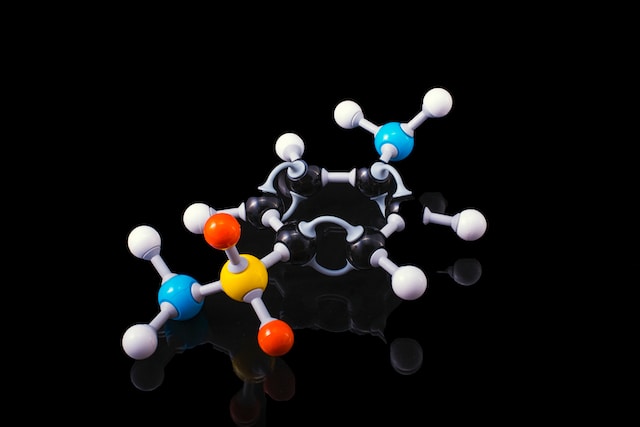Low-dimensional materials have shown great potential for the efficient production of hydrogen. However, maintaining their efficiency and stability over extended periods remains a bottleneck. Scientists at the City University of Hong Kong (CityU) have come up with a new way to enhance sustainable performance in hydrogen production without sacrificing efficiency.
The research, led by Professor Lu Jian, introduces the concept of Turing structures to create nanosheets with high-density nanotwin crystals. Called “superthin platinum-nickel-niobium (PtNiNb),” these nanosheets mimic patterns observed in Turing patterns like seashells.
According to the research team, the nanotwins act as built-in stabilizers, preventing the nanosheets from degrading and losing efficiency. While the Turing patterns create lattice strain, which optimizes the hydrogen production process by lowering the energy barrier and enhancing the adsorption of key molecules.
In experiments, the newly invented Turing PtNiNb nano-catalyst demonstrated its potential as a stable hydrogen evolution catalyst with remarkable efficiency. Compared to commercial catalysts, it achieved 23.5 times higher activity and 3.1 times greater stability during operation. The stable performance also lasted up to 500 hours at high current densities.
As noted by Professor Lu, the Turing structure optimization strategy is likely to be a game-changer for green hydrogen production. The discovery could tackle stability challenges of low-dimensional materials while unlocking a new approach to enhanced catalyst performance.
The progress in green hydro production can facilitate the development of renewable energy, a step toward a carbon-free economy. There are ongoing efforts to achieve zero-carbon emission around the world. CityU’s ultrathin nanosheet is a giant leap forward in the quest for clean energy. Its superior performance, stability, and potential to lower costs pave the way for a hydrogen-powered, greener future.
The research was originally posted on the website of City University of Hong Kong (CityU).







